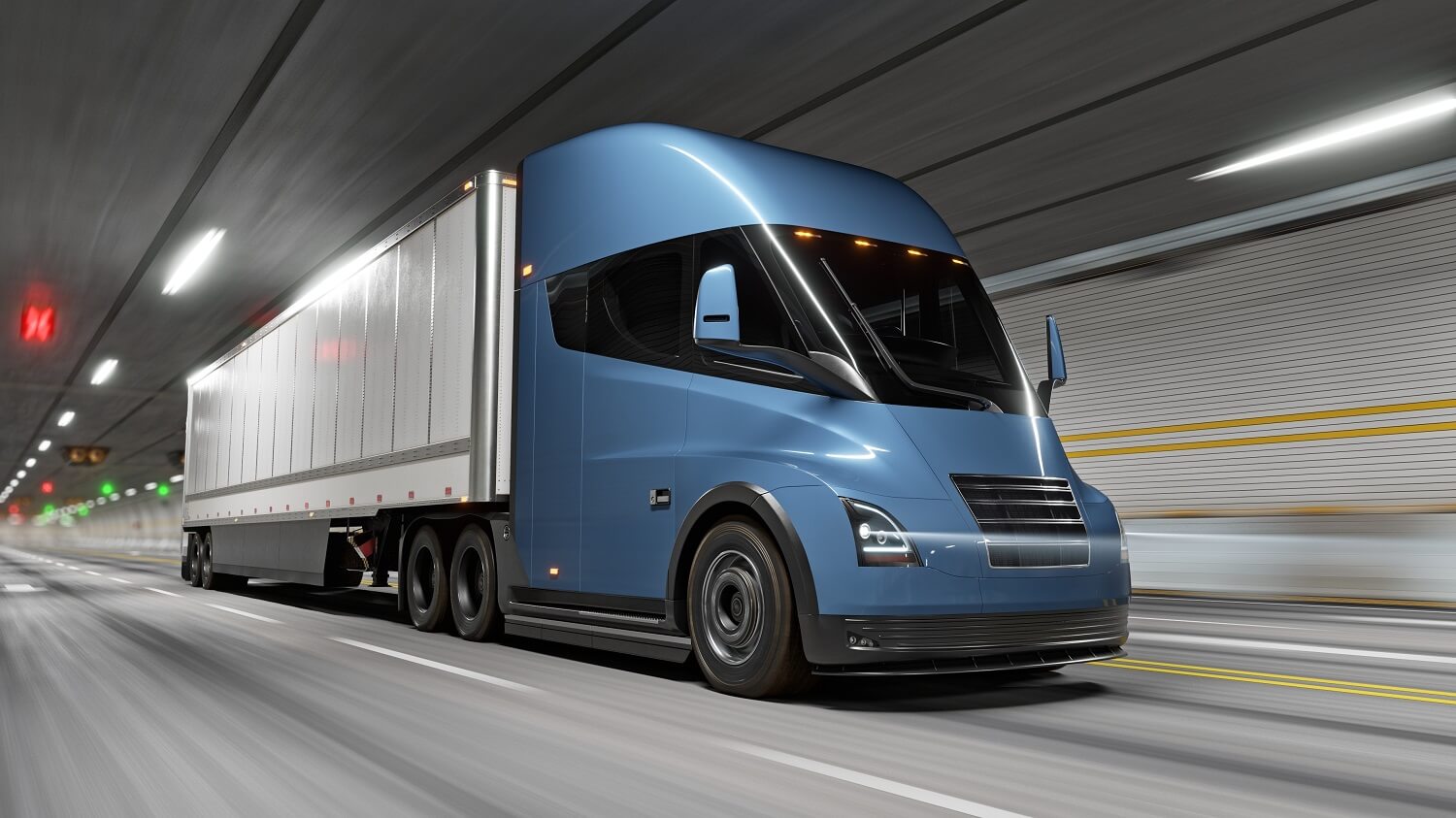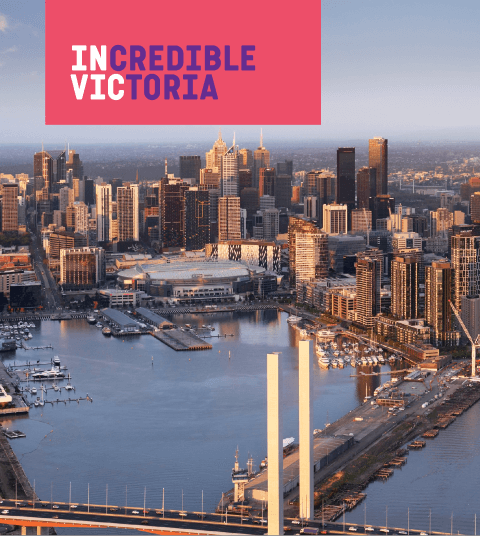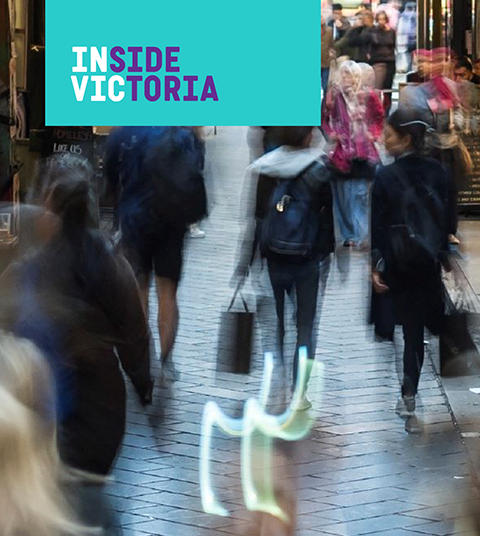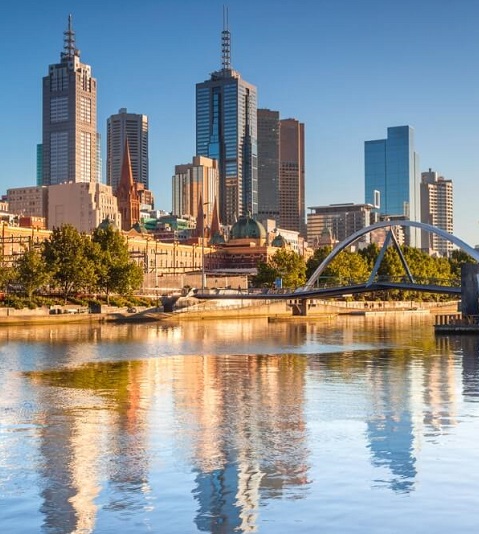The Victorian Government, Australia is leading a call to action to deliver a zero-emissions freight transport roadmap as it sets one of the most ambitious global reduction targets to reach net zero across the Victorian economy by 2045.

The Department of Transport and Planning recently hosted a Freight Decarbonisation Summit, connecting Government, industry and operators to identify obstacles and fast-track solutions.
As a result of the summit the Victorian Government and industry will co-design policies, regulations, infrastructure and technology to accelerate next generation sustainable mobility and meet local climate targets.
Access maps will reduce the need for structural assessments on a permit-by-permit basis for operators of approved vehicles - saving time, cutting red tape and cost burdens on the heavy vehicle industry.
The first map centres will be on a new Volvo electric semi-trailer, allowing the manufacturer to start offering this combination for use on the approved network by local operators to super-charge a shift towards more sustainable heavy vehicles.
The National Heavy Vehicle Regulator (NHVR) has commenced developing a Future Heavy Vehicle Roadmap to provide a blueprint so the Australian heavy vehicle industry can further plan.
Victoria has set targets to decarbonise at the fastest rate in the country and has already cut its overall emissions by more than any other Australian state since 2014.
The Victorian Government has set interim emissions reduction targets of 50 per cent against 2005 levels by 2030 and a 75-80 per cent reduction by 2035.
These targets will support Victoria to seize the enormous economic opportunity climate action presents – generating $63 billion of economic benefits and generating thousands of jobs.
Victoria is also moving more freight from road to rail, reducing emissions from heavy vehicles as the state continues with major investments in a more resilient and flexible rail-freight network. The Victorian Budget 2023/24 announced a $15 million program targeting truck operators who regularly travel through Melbourne’s inner west, providing grants to remove their older, dirtier trucks off the road and encourage the transition to newer, more emission efficient trucks.
Learn more: Transport Technology investment opportunities
Learn more: Transport Infrastructure investment opportunities




